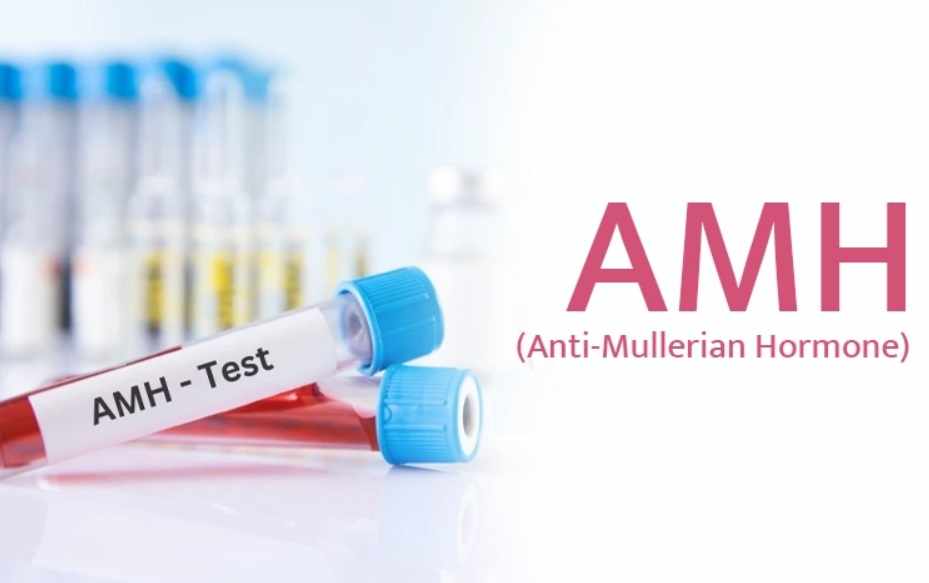
When it comes to IVF (In Vitro Fertilization), understanding your fertility hormone levels plays a crucial role in determining the success of your treatment. One of the key indicators of a woman’s ovarian reserve is the Anti-Müllerian Hormone (AMH) level. But what exactly is a good AMH level for IVF success, and why does it matter?
What is AMH?
AMH is a hormone produced by the small follicles in a woman’s ovaries. It reflects the quantity of eggs a woman has — often referred to as her “ovarian reserve.” High AMH levels typically indicate a higher number of eggs, while low AMH levels may suggest a diminished ovarian reserve.
This information helps your IVF doctor tailor a personalized fertility plan and stimulation protocol to improve your chances of success.
What Is a Good AMH Level for IVF?
While AMH levels can vary depending on age and individual health, here's a general guideline:
High AMH (Over 3.0 ng/mL): Suggests a high ovarian reserve; often seen in younger women or those with PCOS.
Normal AMH (1.0 – 3.0 ng/mL): Considered a good range for IVF; associated with a healthy number of retrievable eggs.
Low AMH (Below 1.0 ng/mL): May indicate a lower chance of success, but many women still conceive with the right treatment plan.
It’s important to note that AMH level is just one factor among many that determine IVF success. Egg quality, age, and overall reproductive health also matter.
Personalized IVF Treatment at SCI IVF Hospital
If you're considering IVF treatment in Delhi, knowing your AMH level is one of the first steps toward a successful journey. At SCI IVF Hospital, we conduct detailed fertility evaluations, including hormone profiling, to design a treatment plan that aligns with your unique biological makeup.
Our experienced IVF doctors use the latest technology and techniques to maximize your chances of a successful pregnancy — even in cases where AMH levels are low.
Can I Get Pregnant with Low AMH?
Yes, many women with low AMH have successfully conceived through IVF. Success depends on how your body responds to ovarian stimulation and the quality of eggs retrieved. In some cases, additional techniques like blastocyst culture, egg donor IVF, or embryo freezing can help improve outcomes.
Conclusion
AMH is a powerful marker of fertility, but it’s not the sole determinant of IVF success. Whether your AMH is high, normal, or low — what matters most is finding the right care team.
If you're planning to begin IVF treatment in Delhi, consult with a trusted and experienced IVF specialist doctor in Delhi. With a commitment to compassionate care and advanced reproductive science, we help couples turn their dreams of parenthood into reality.

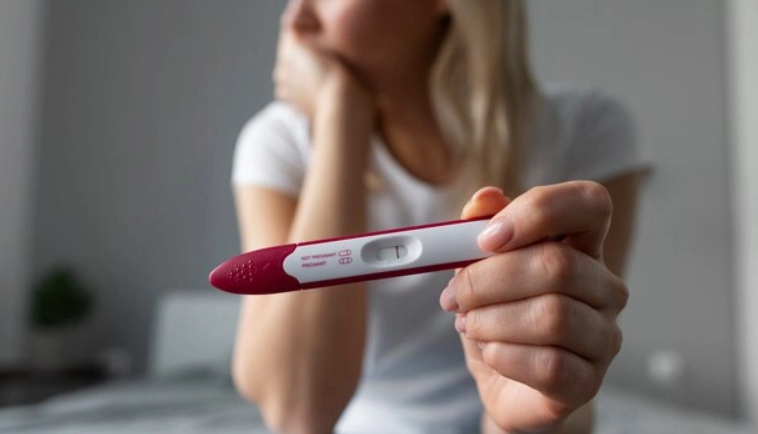
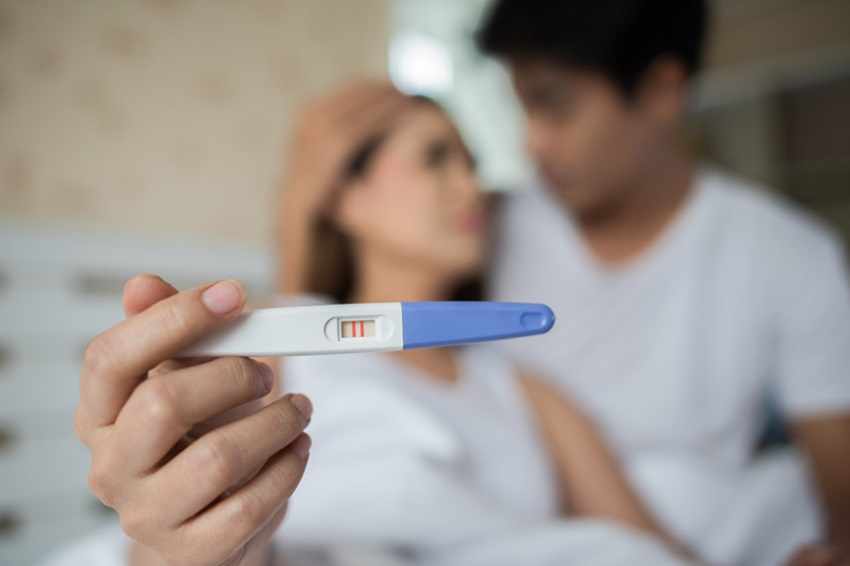




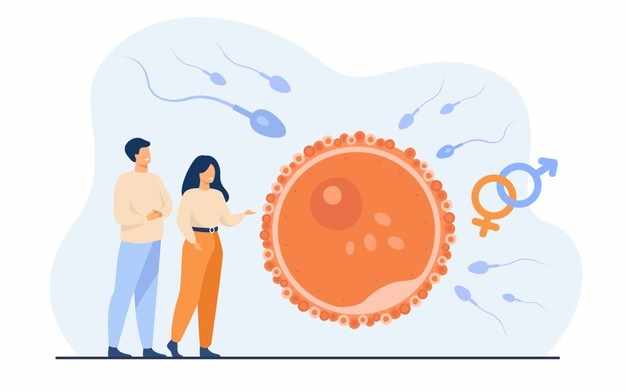


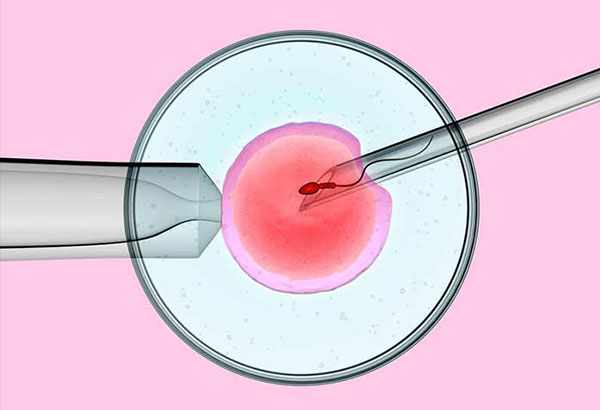
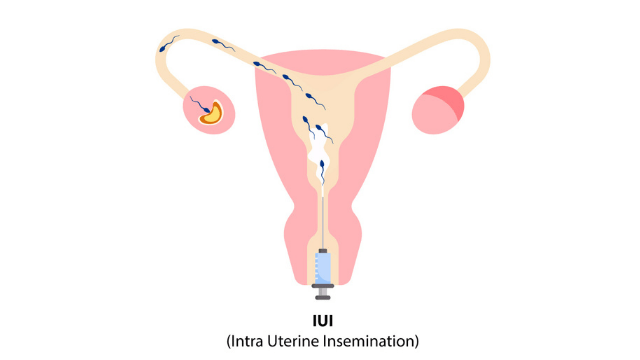

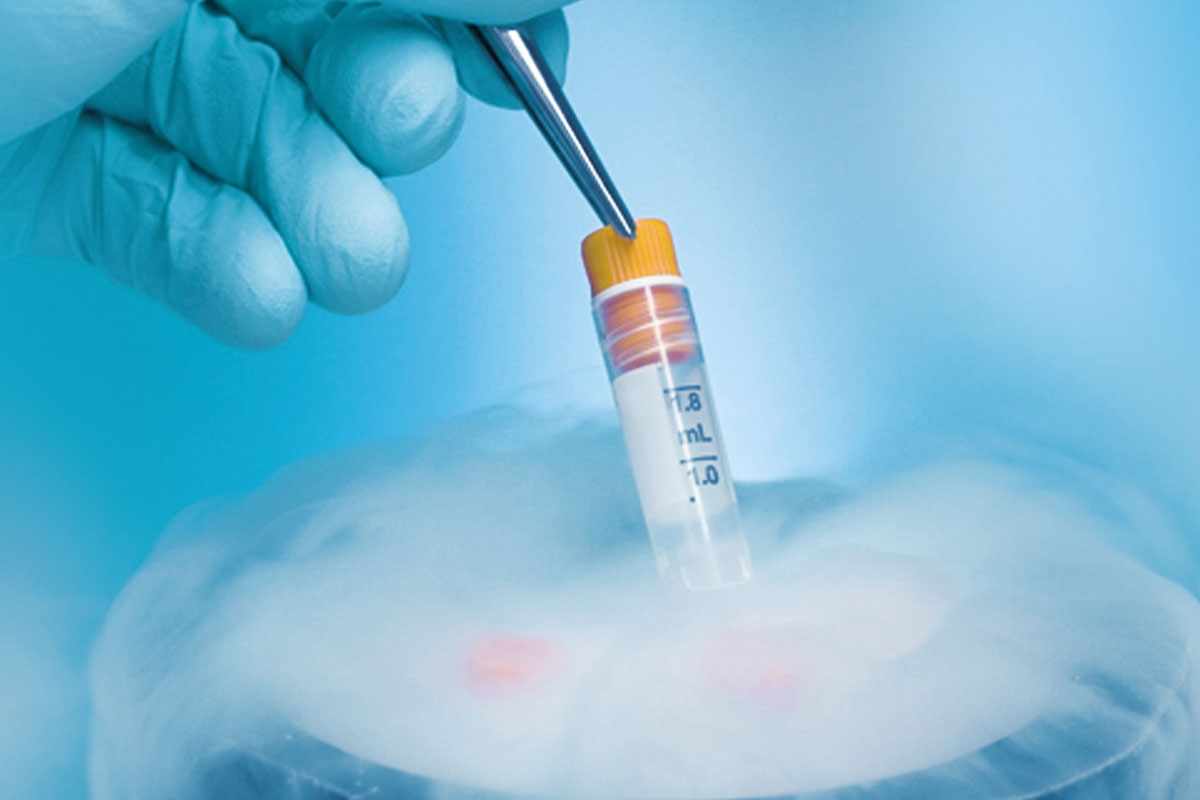
Write a comment ...